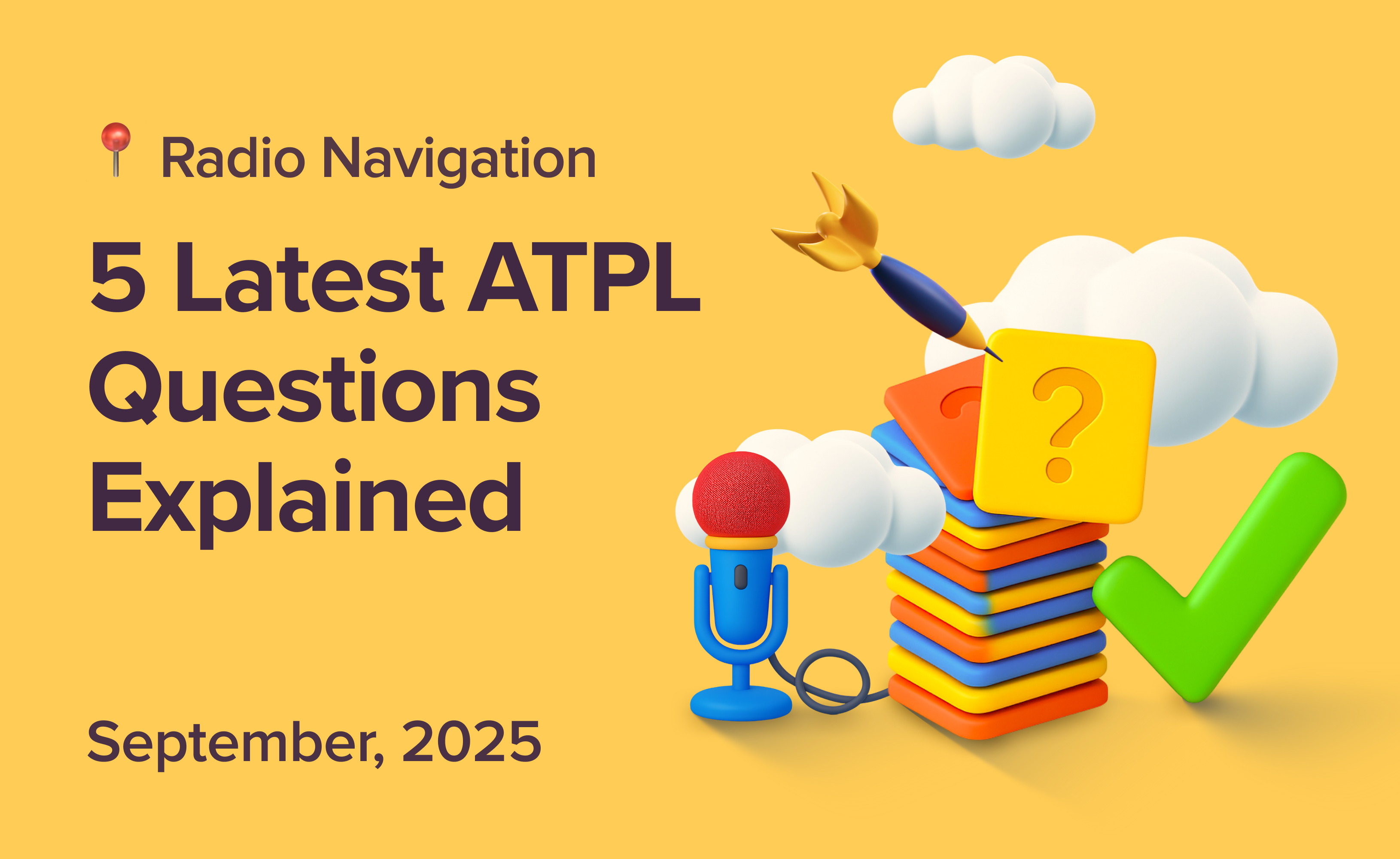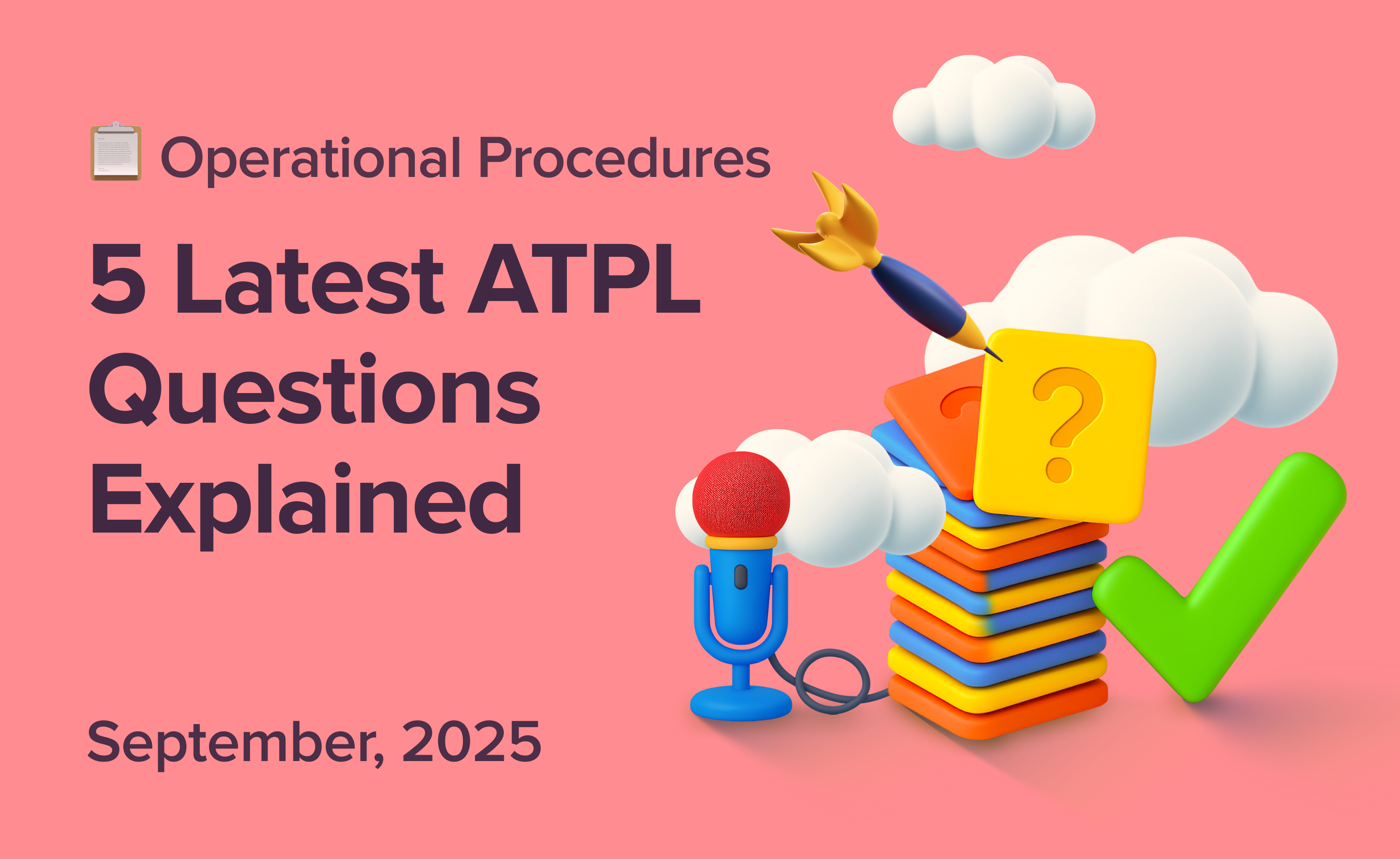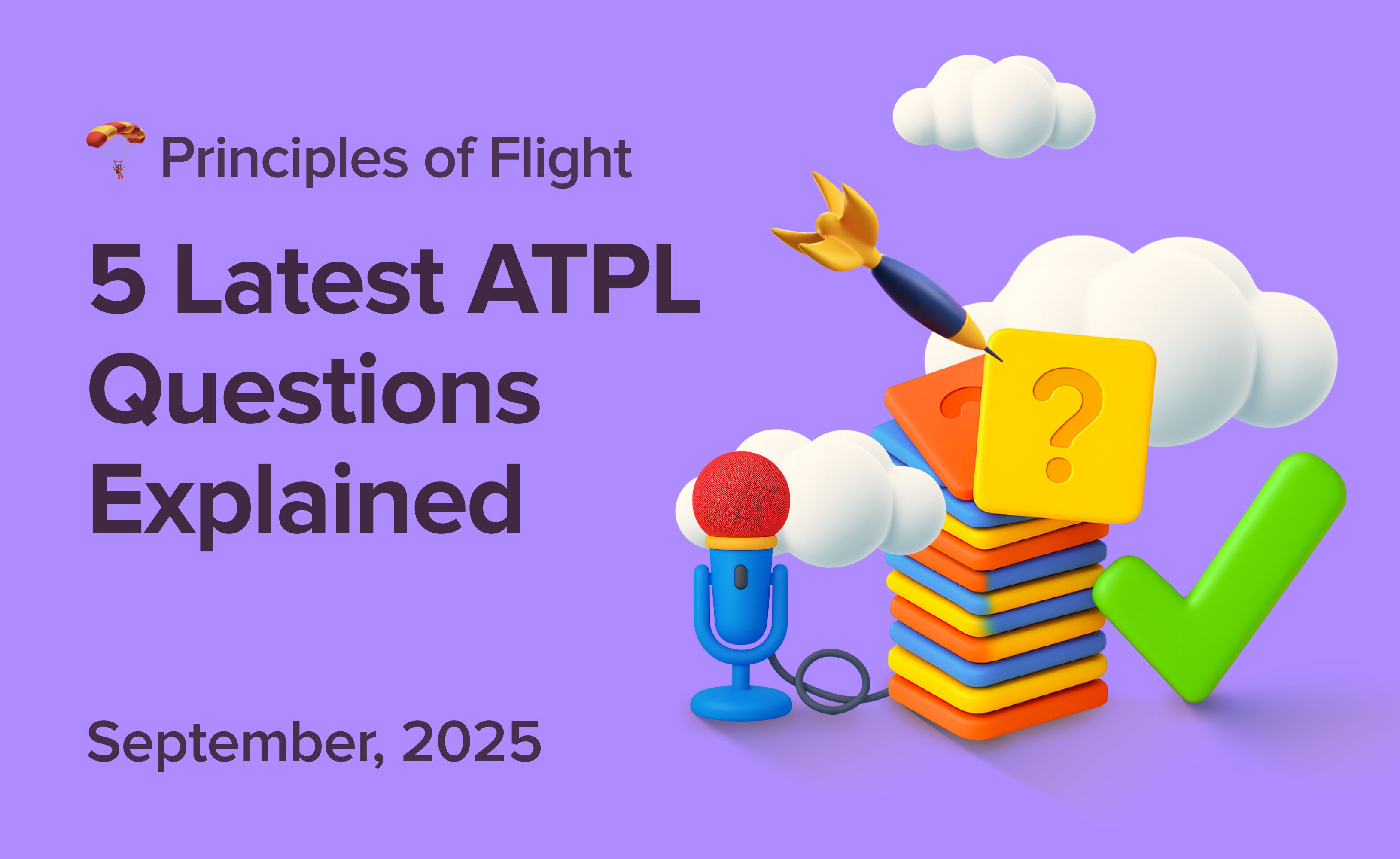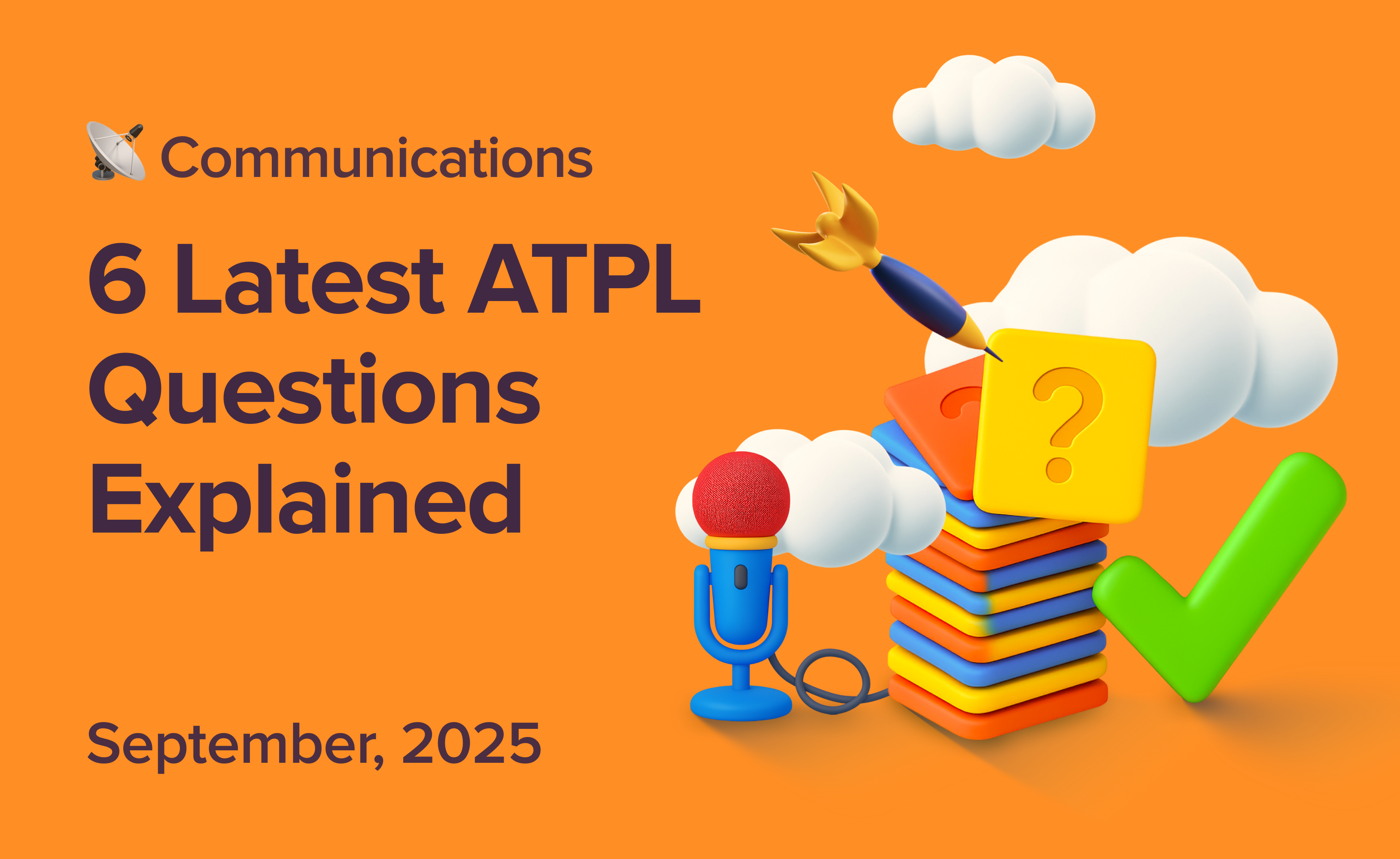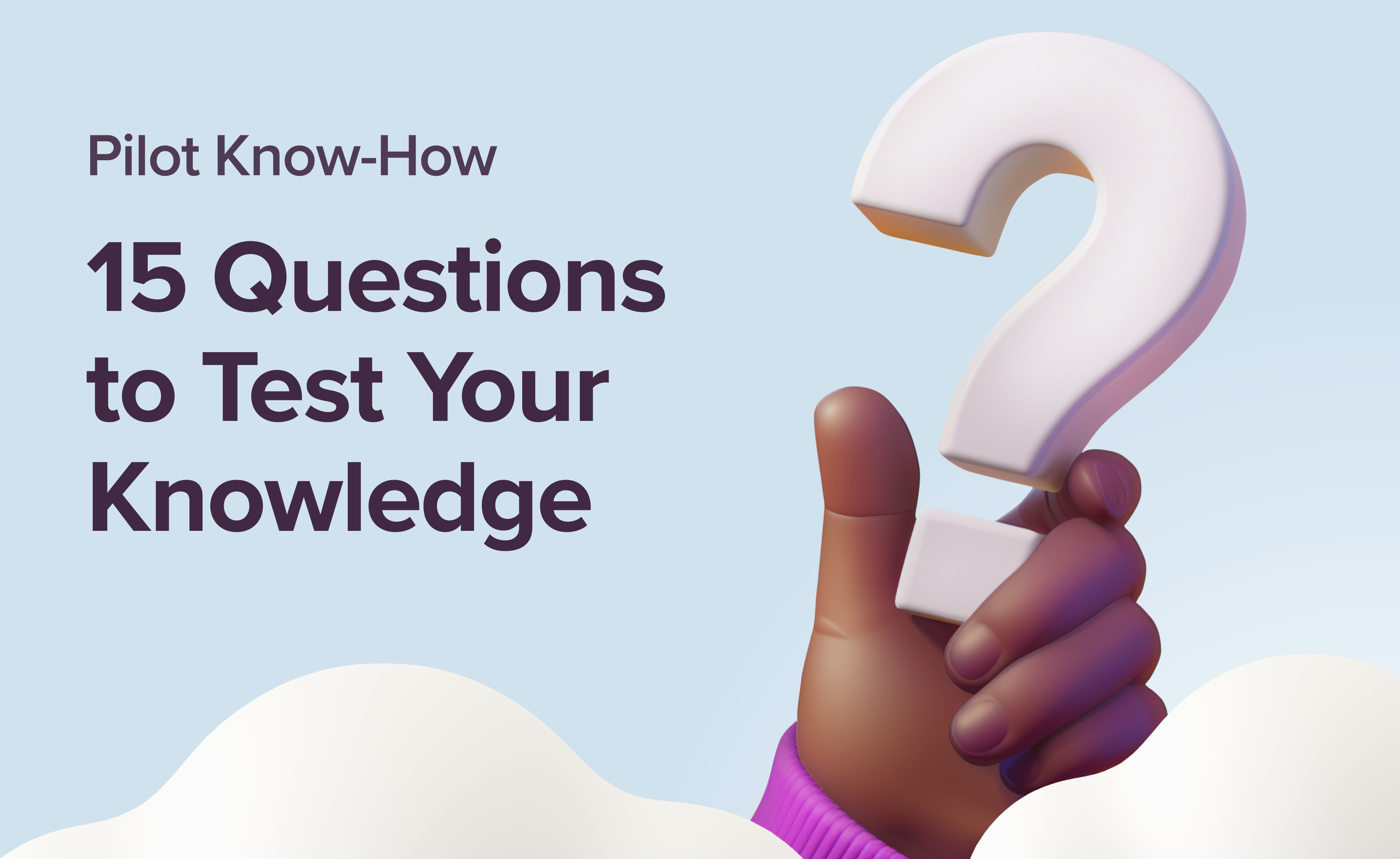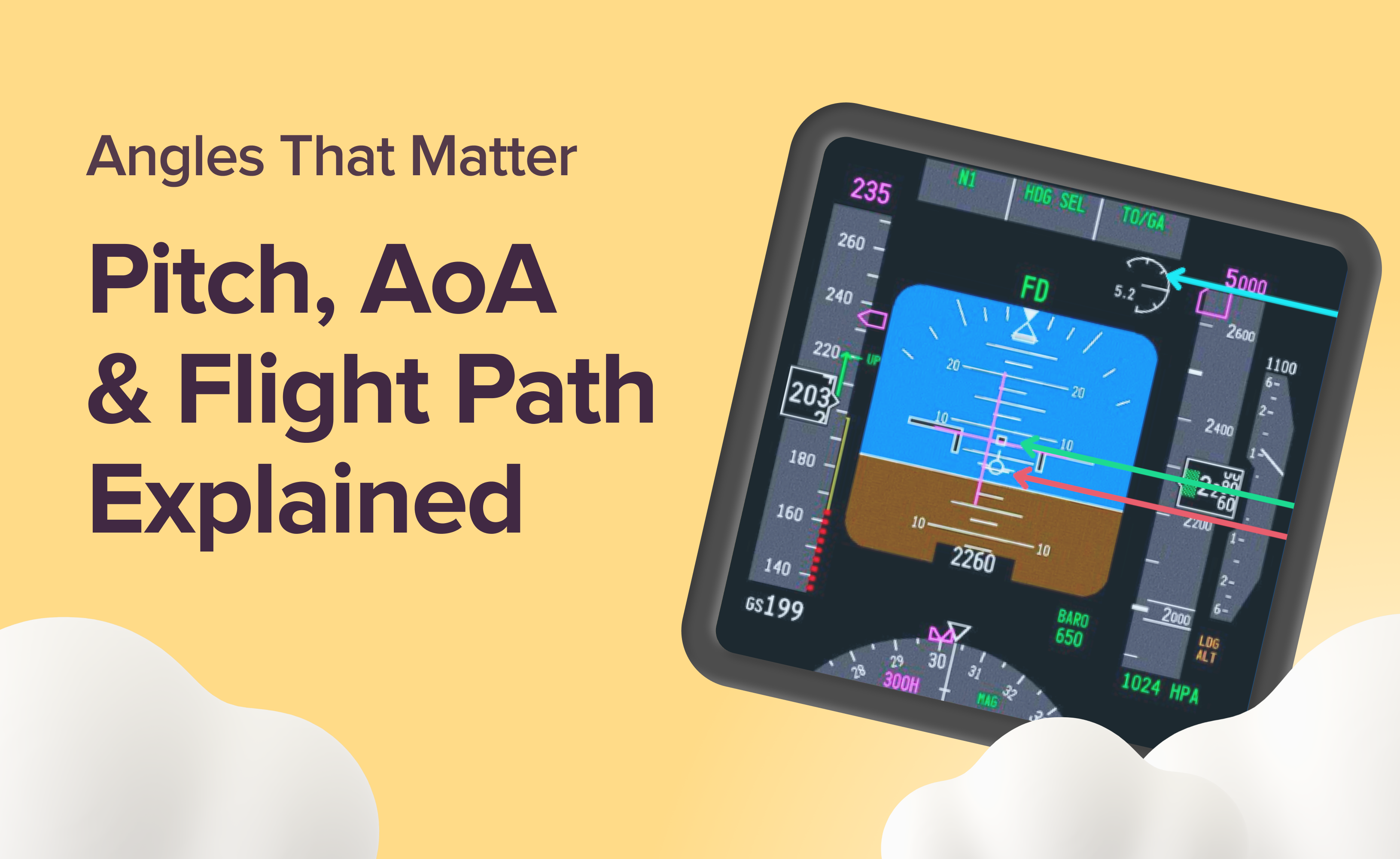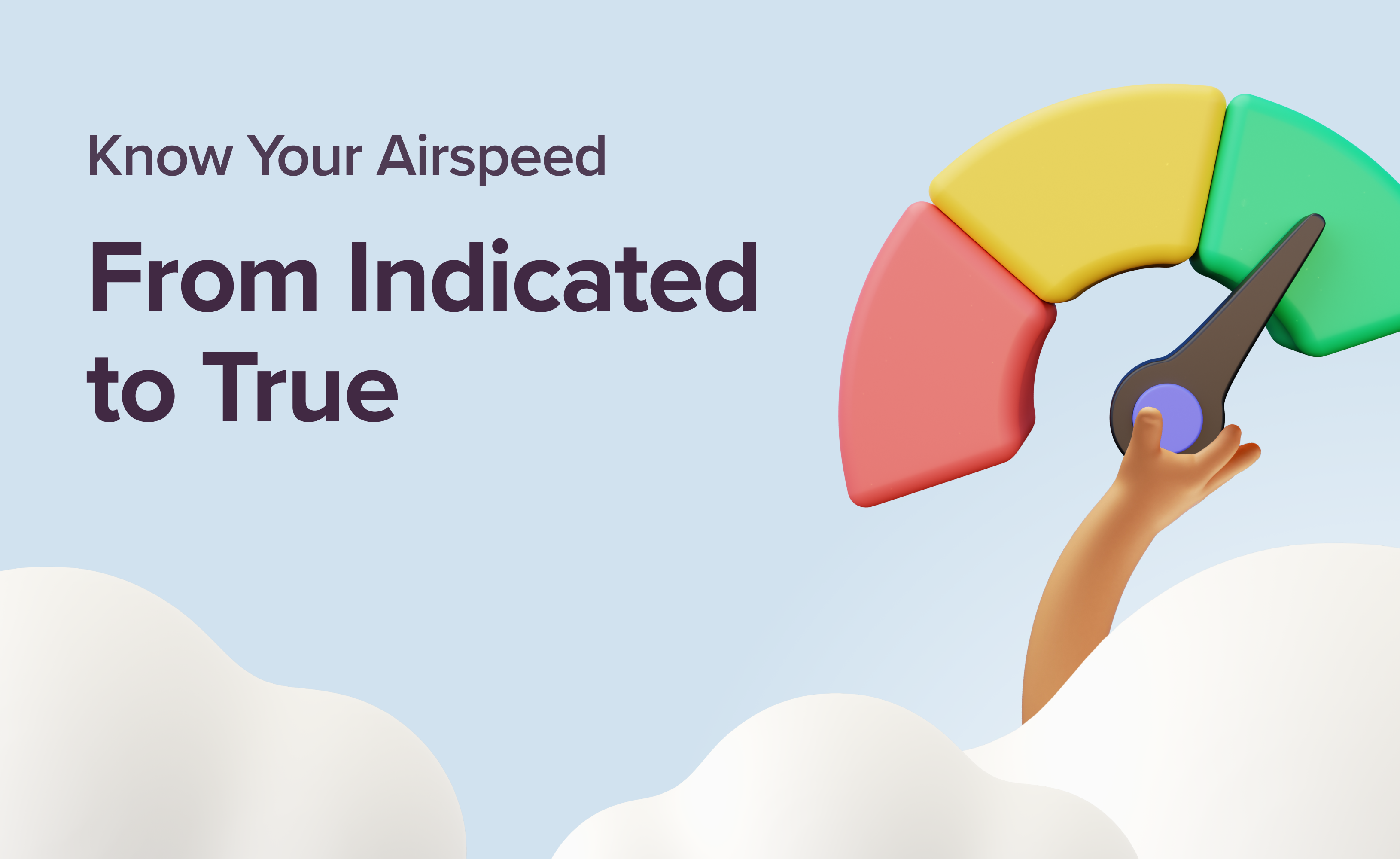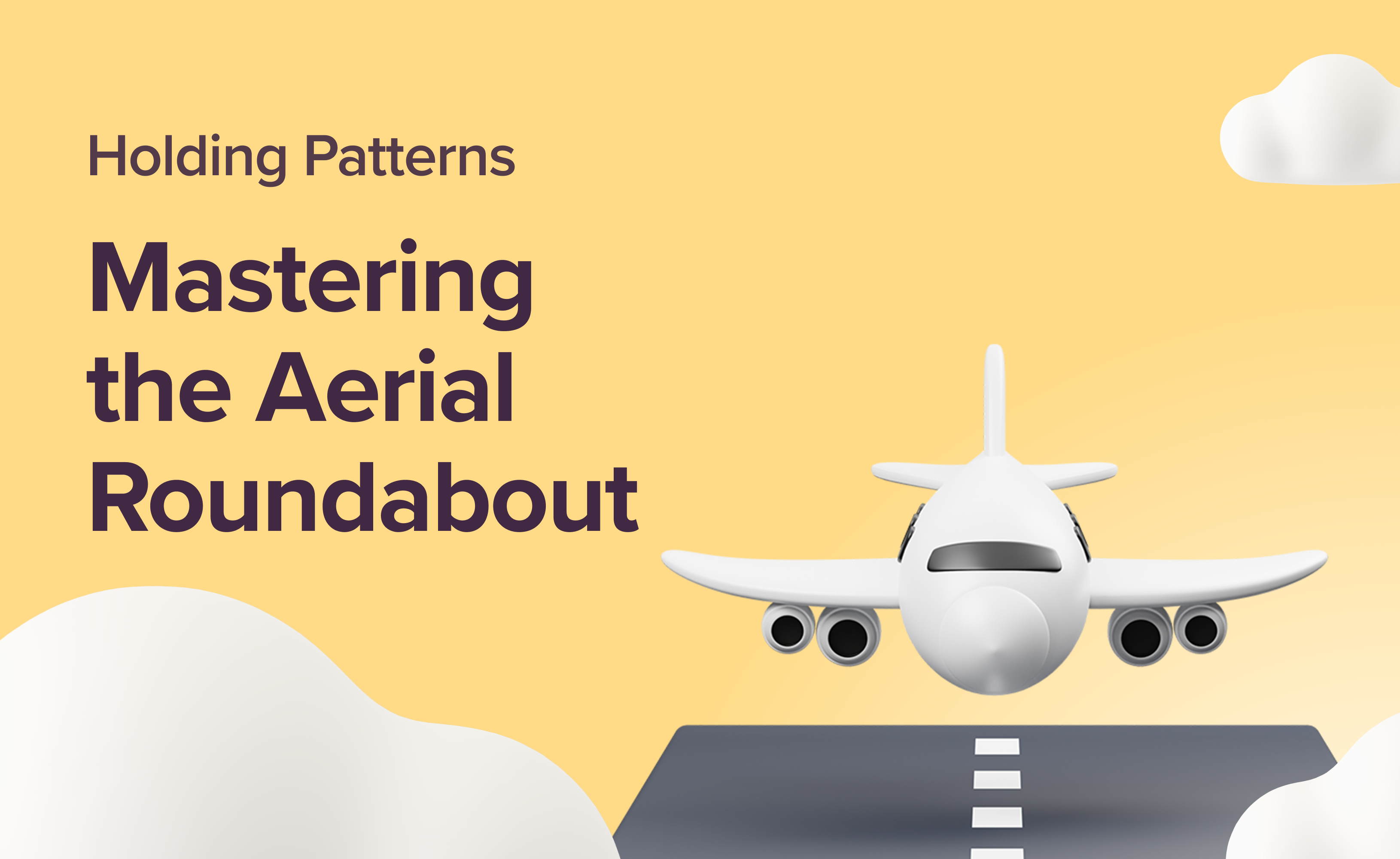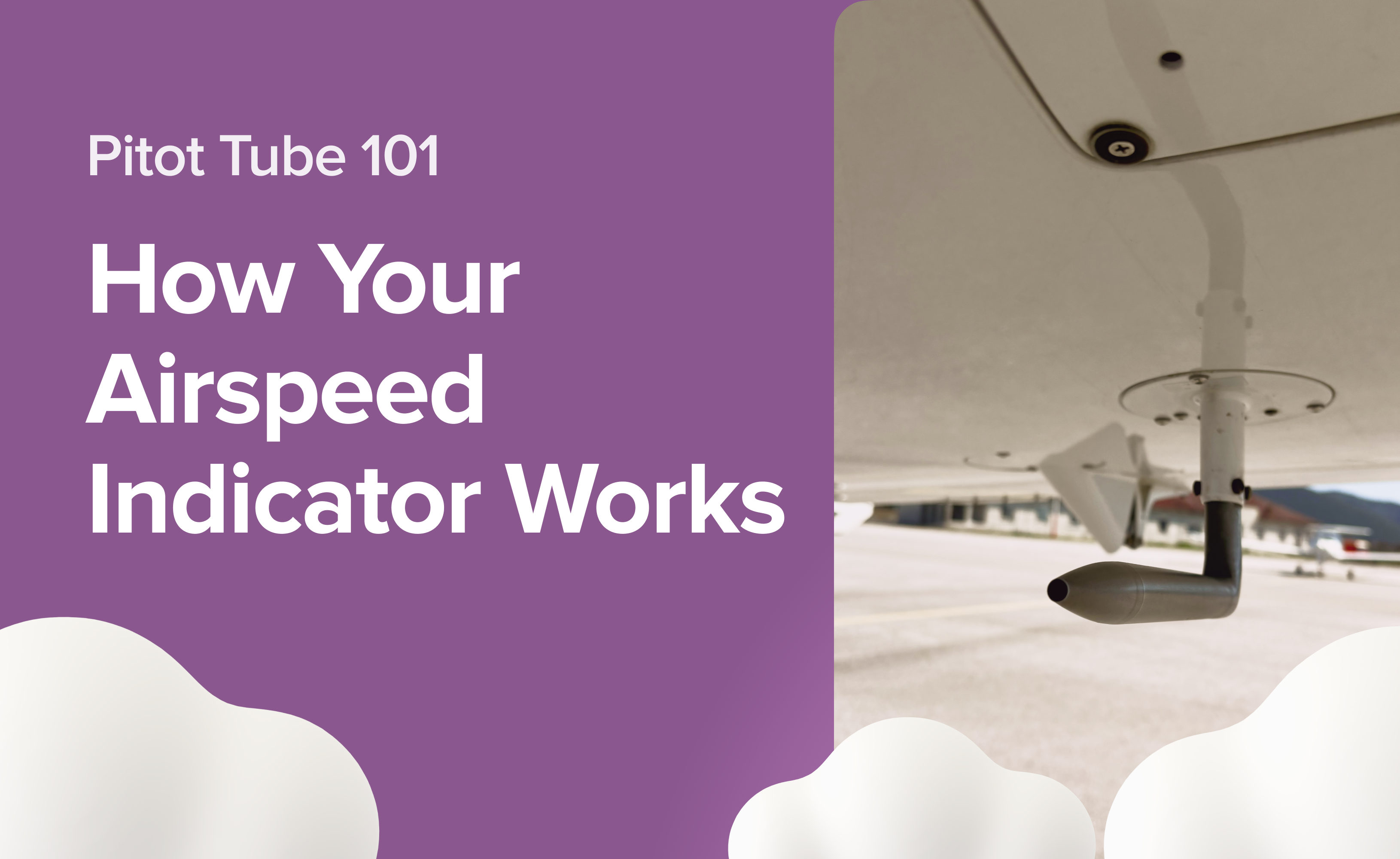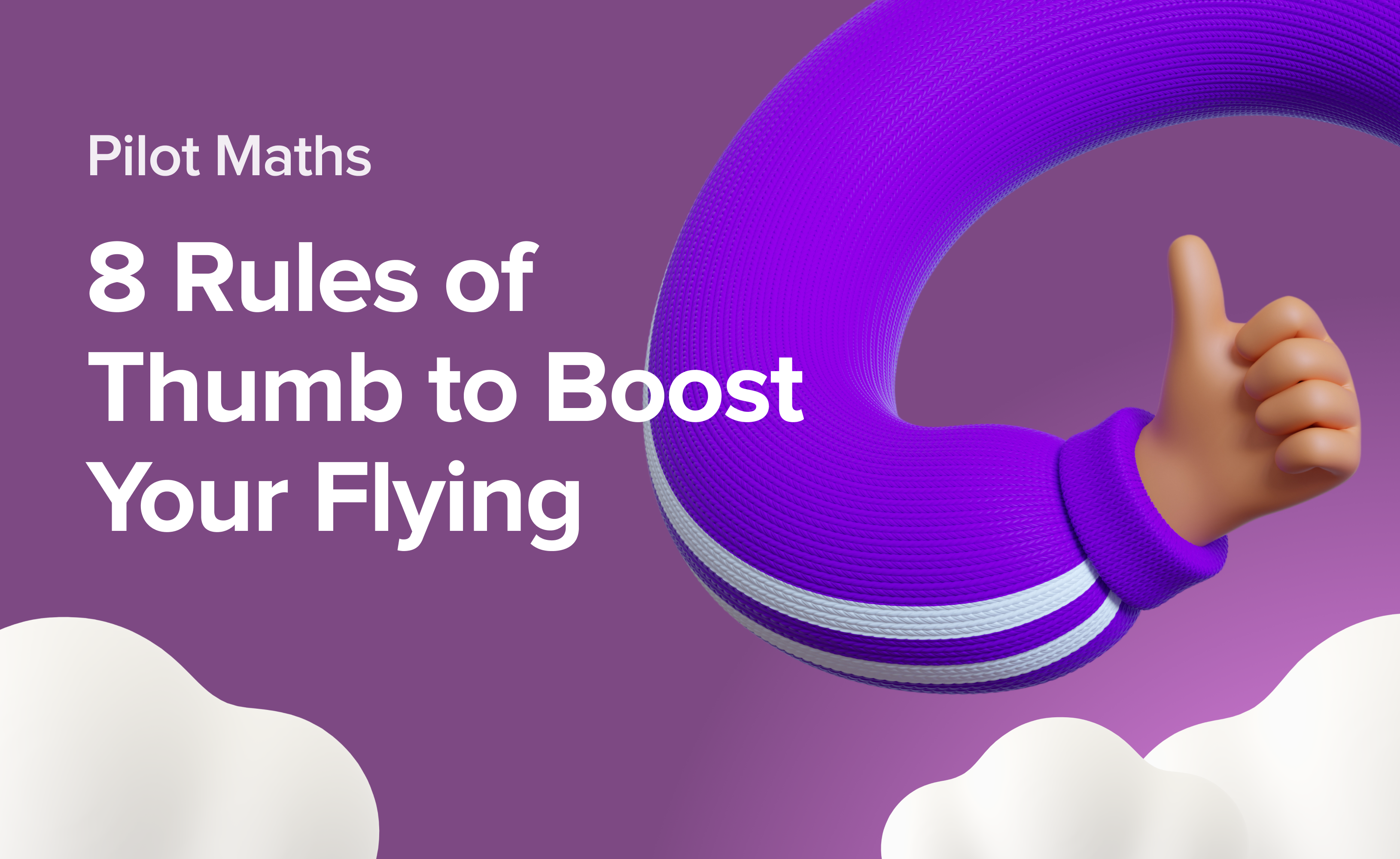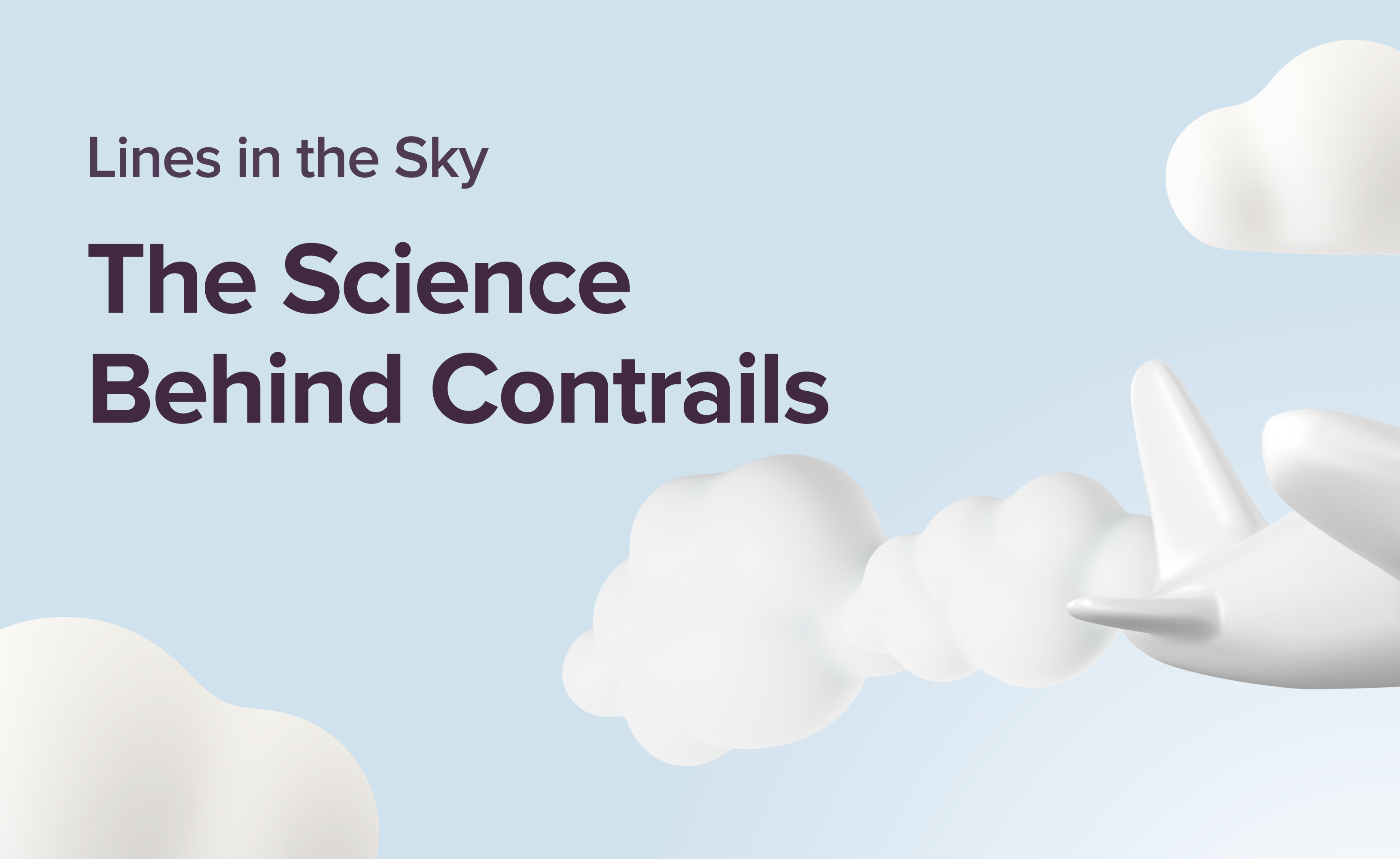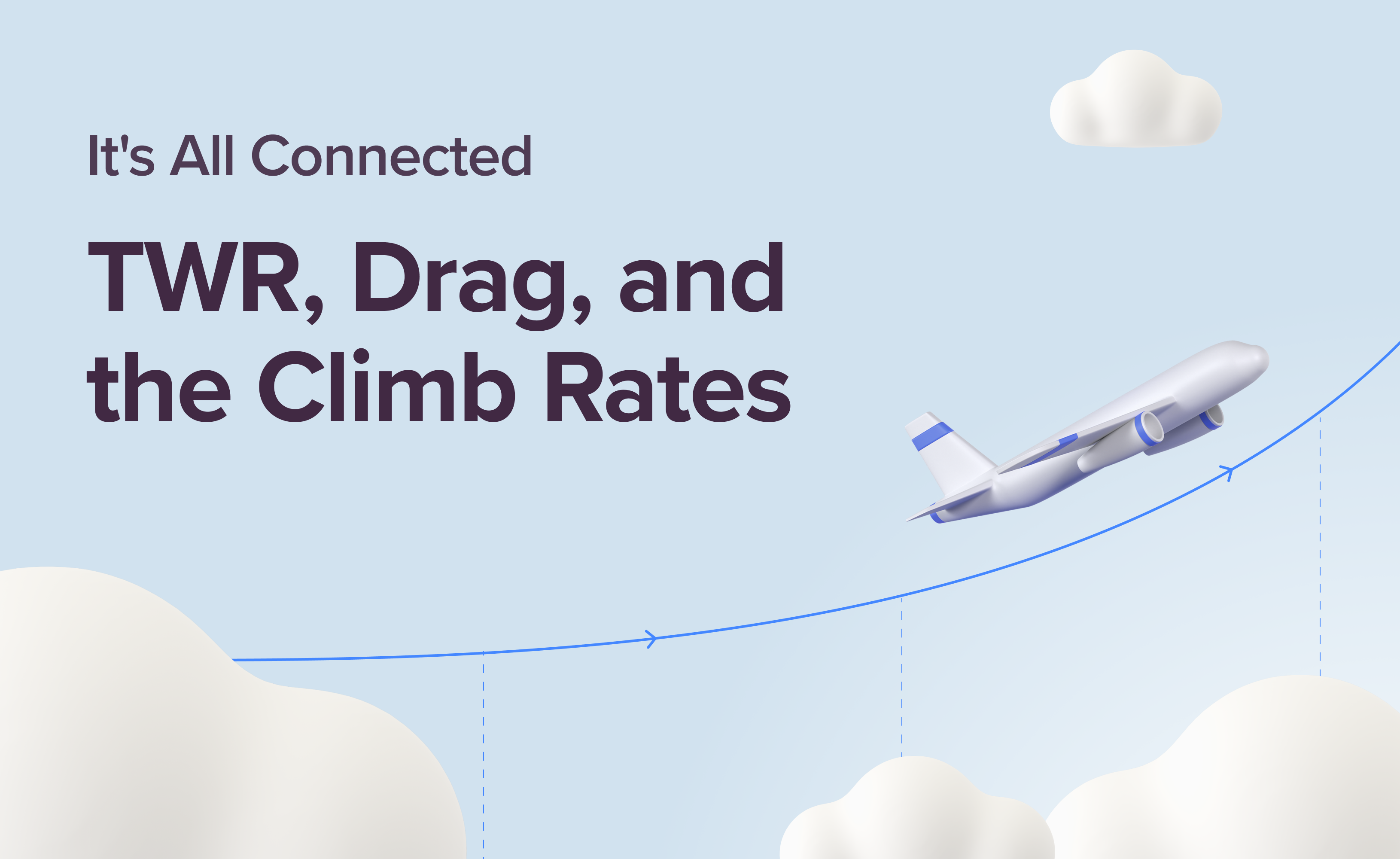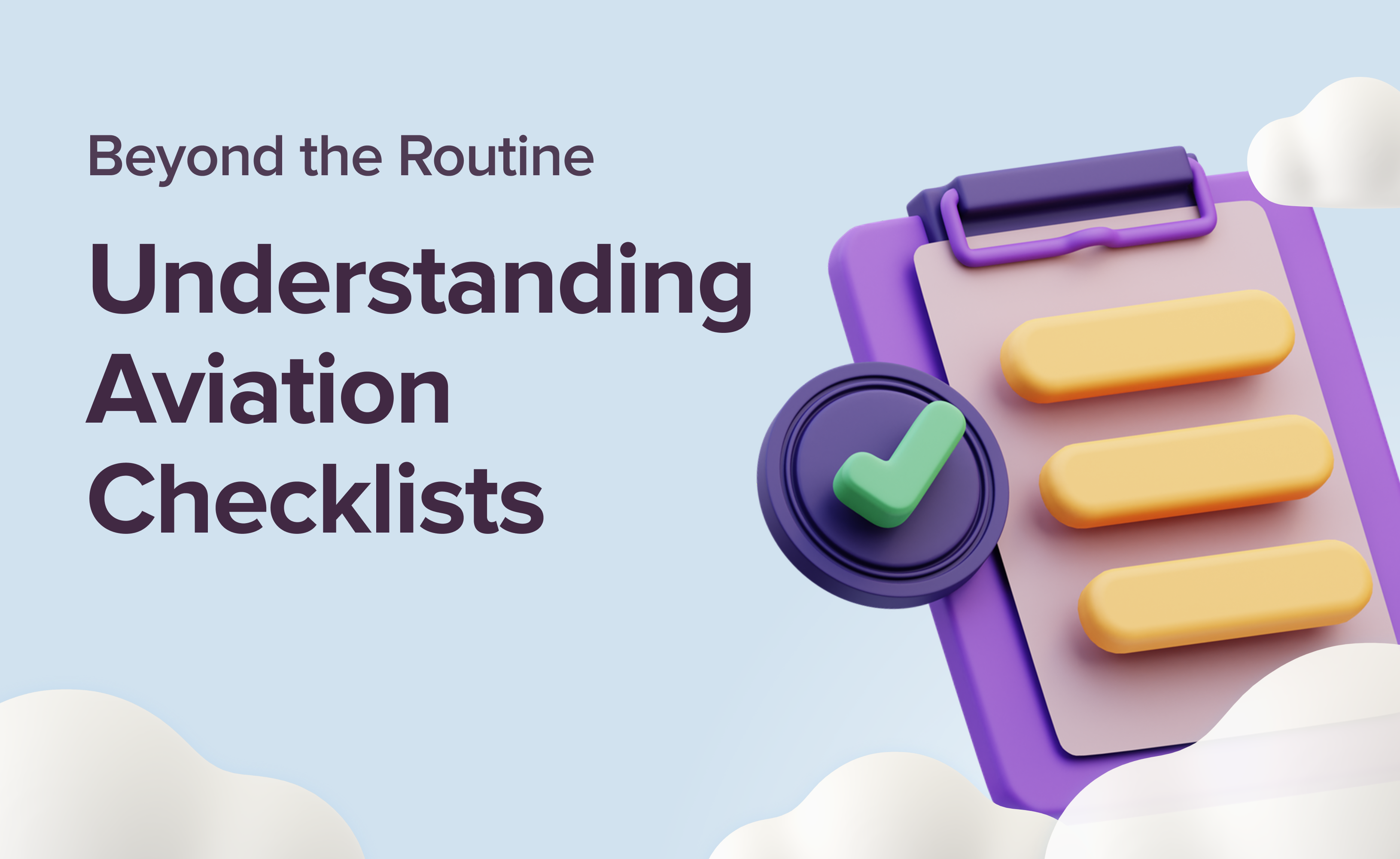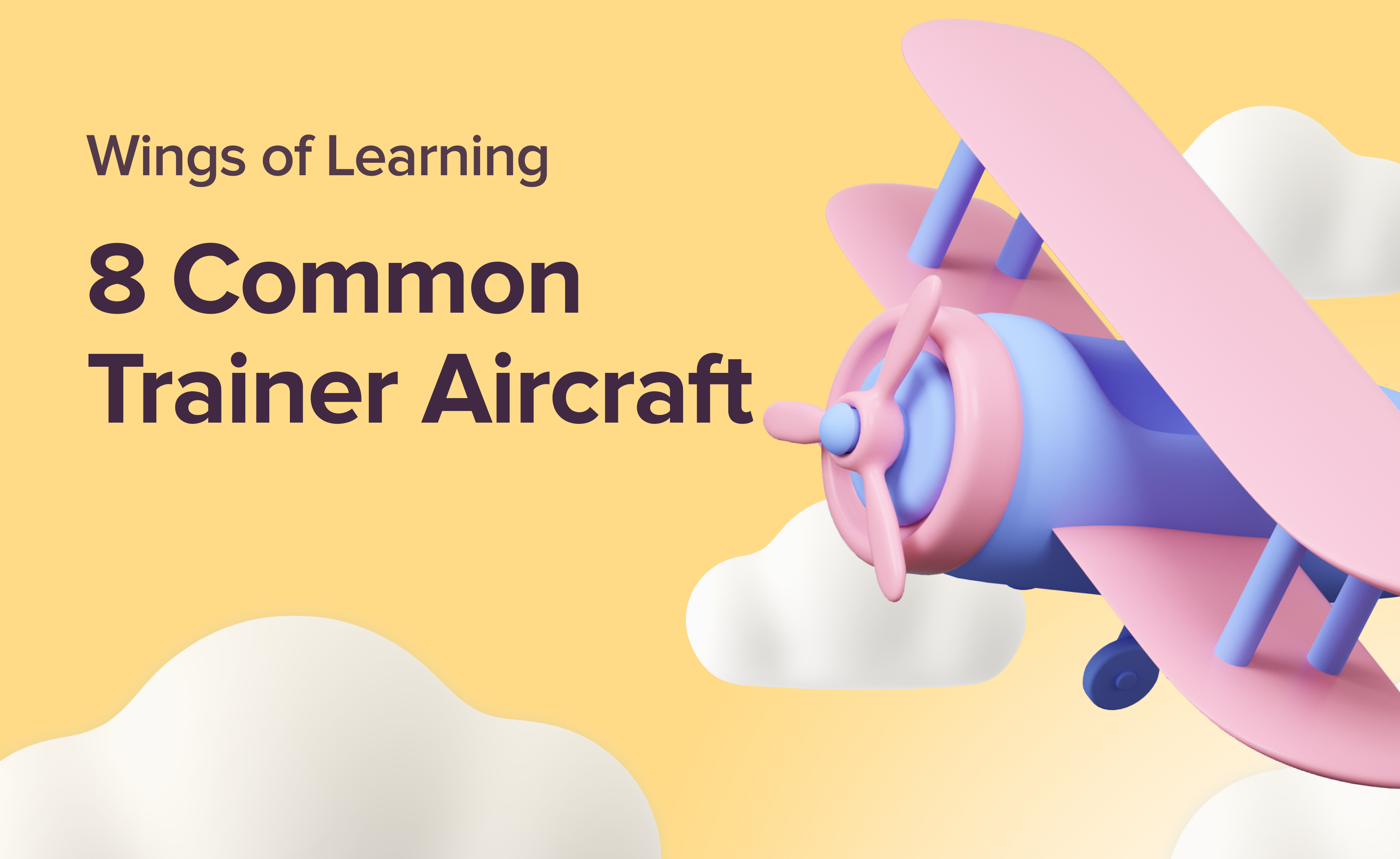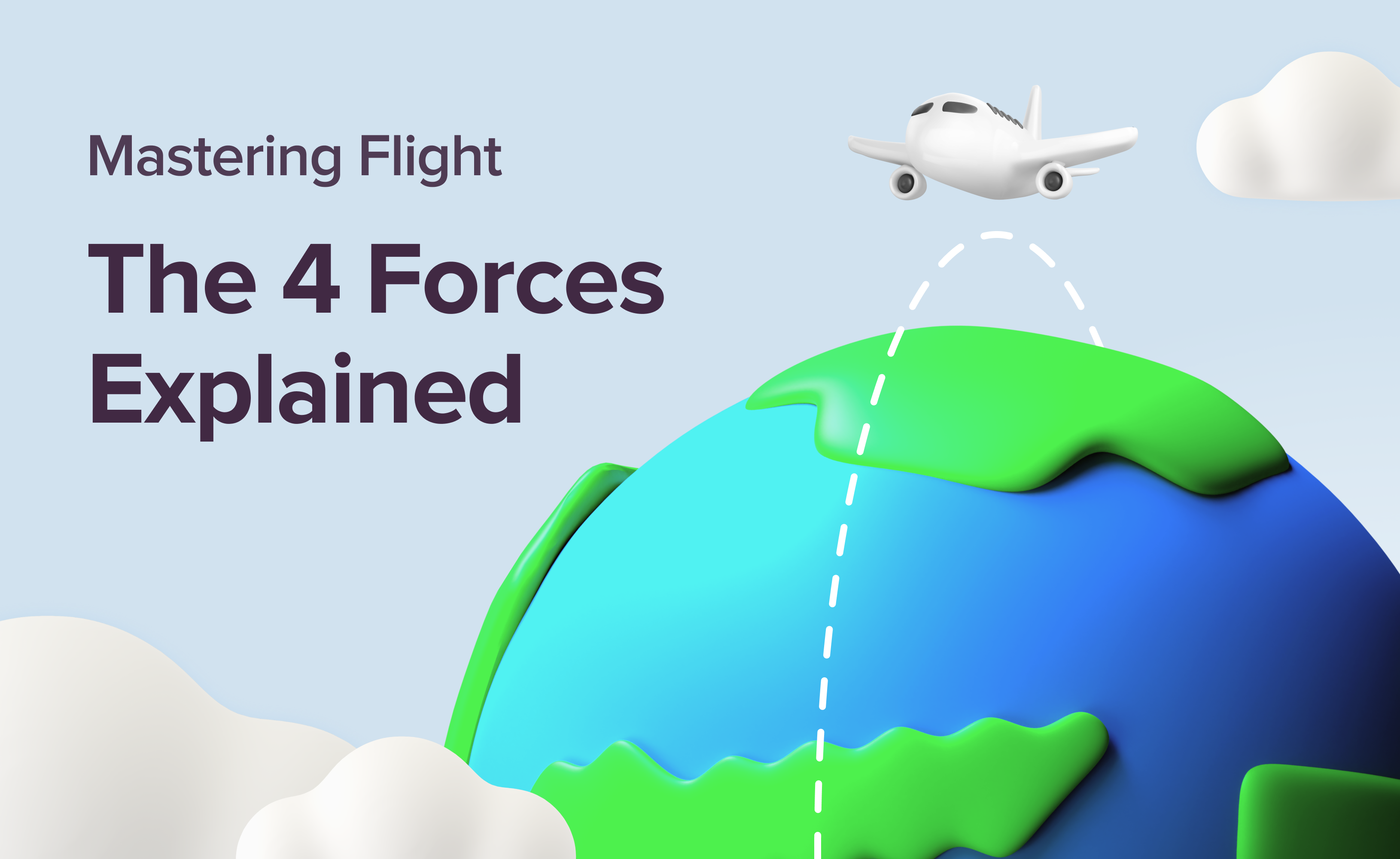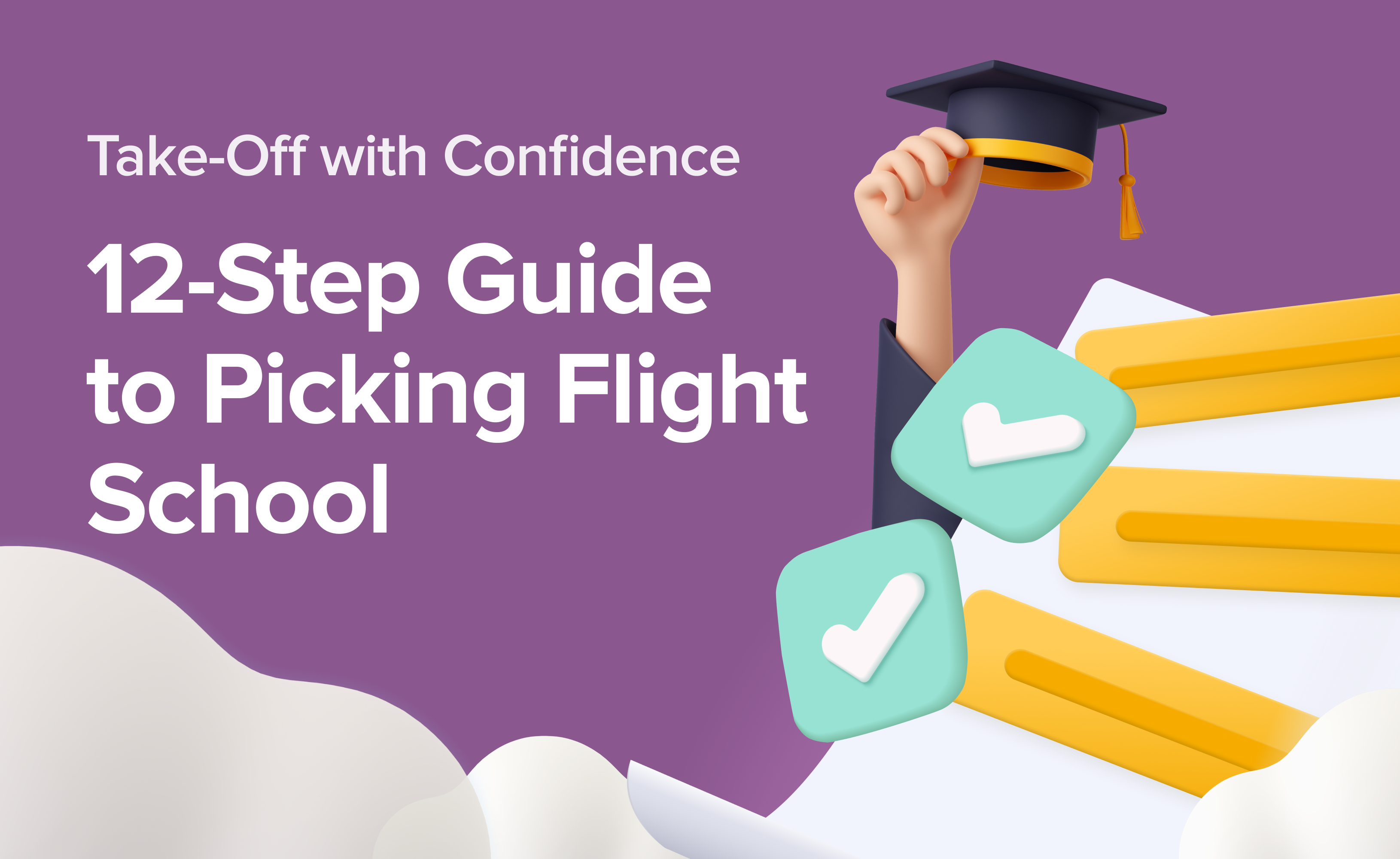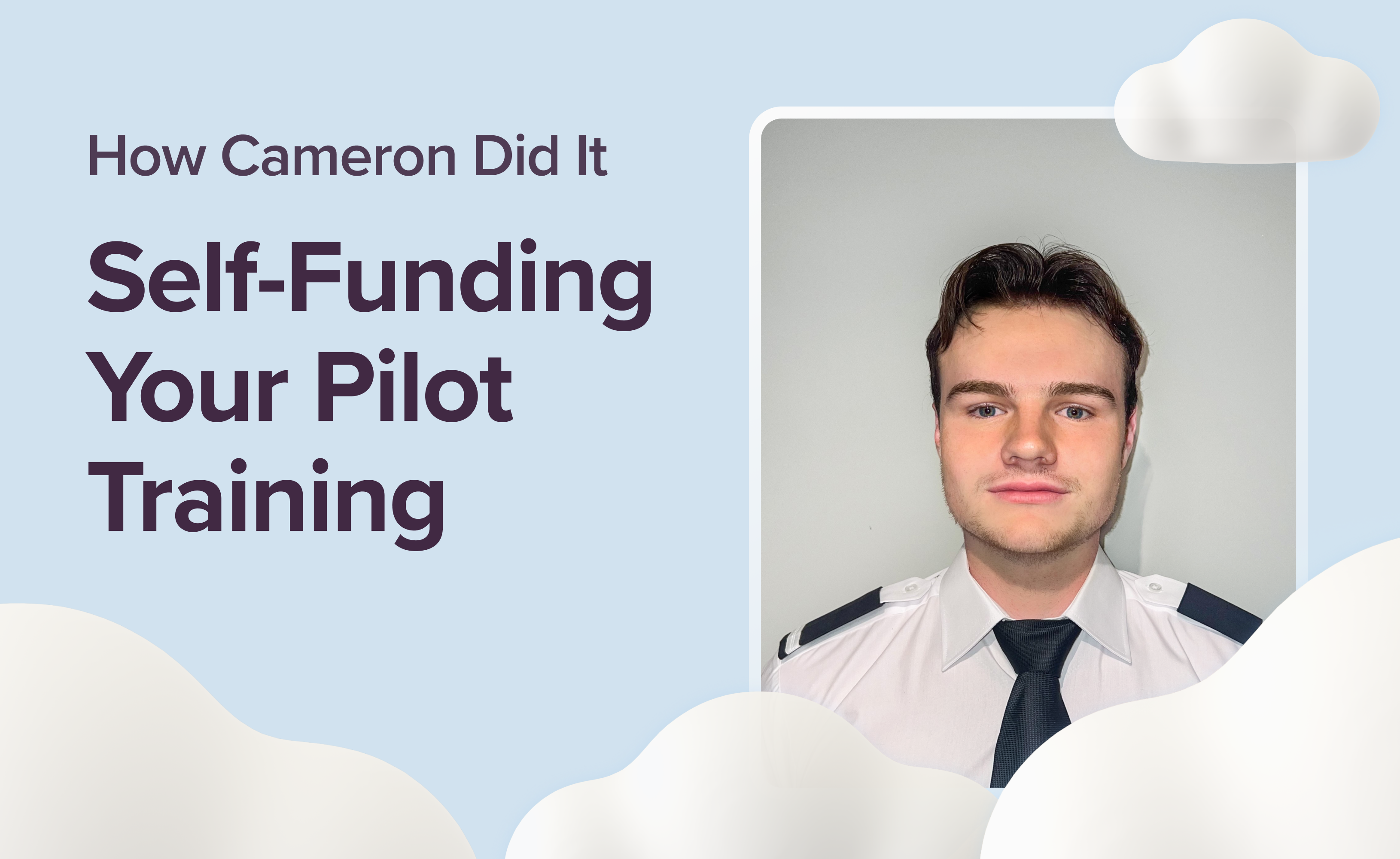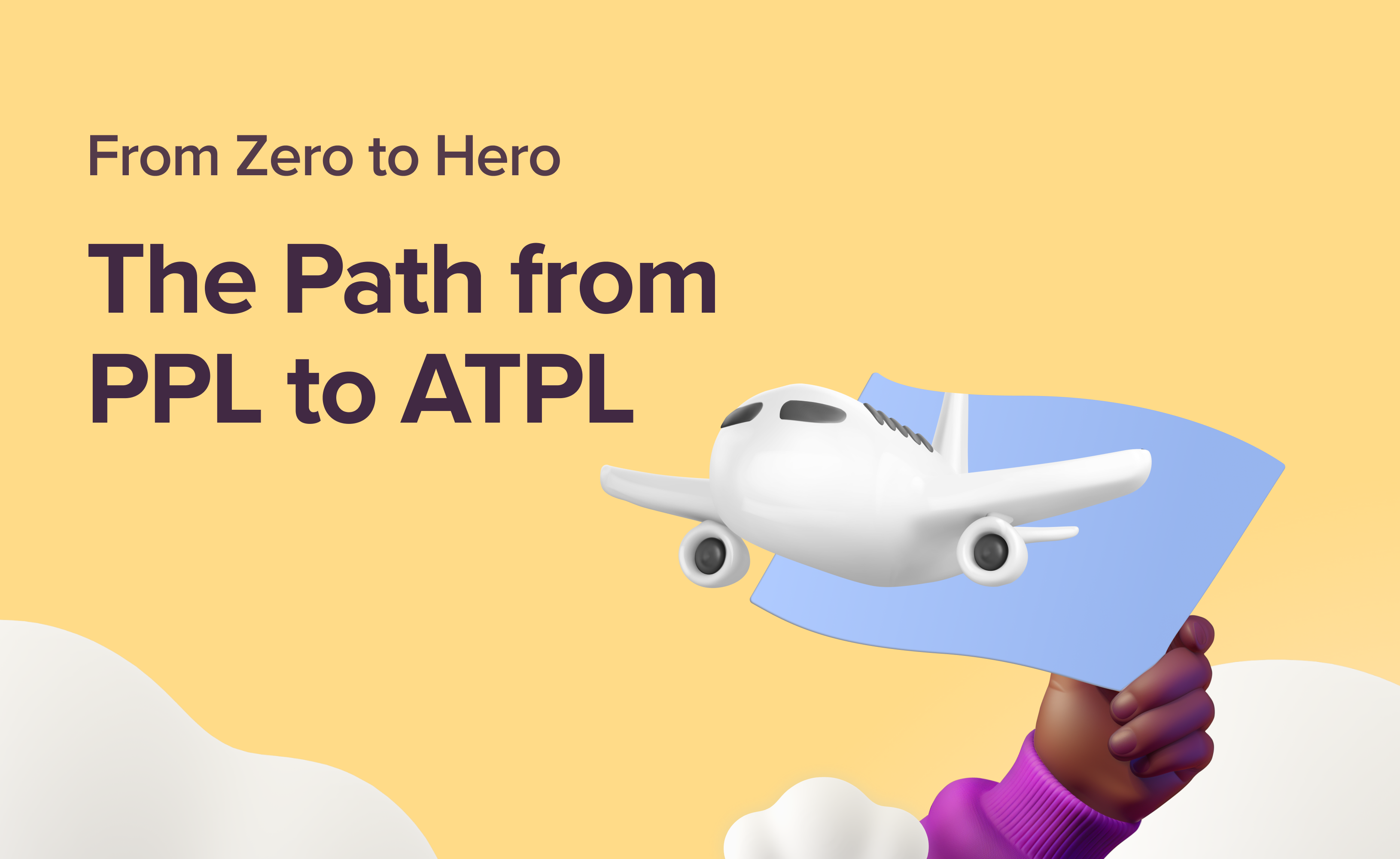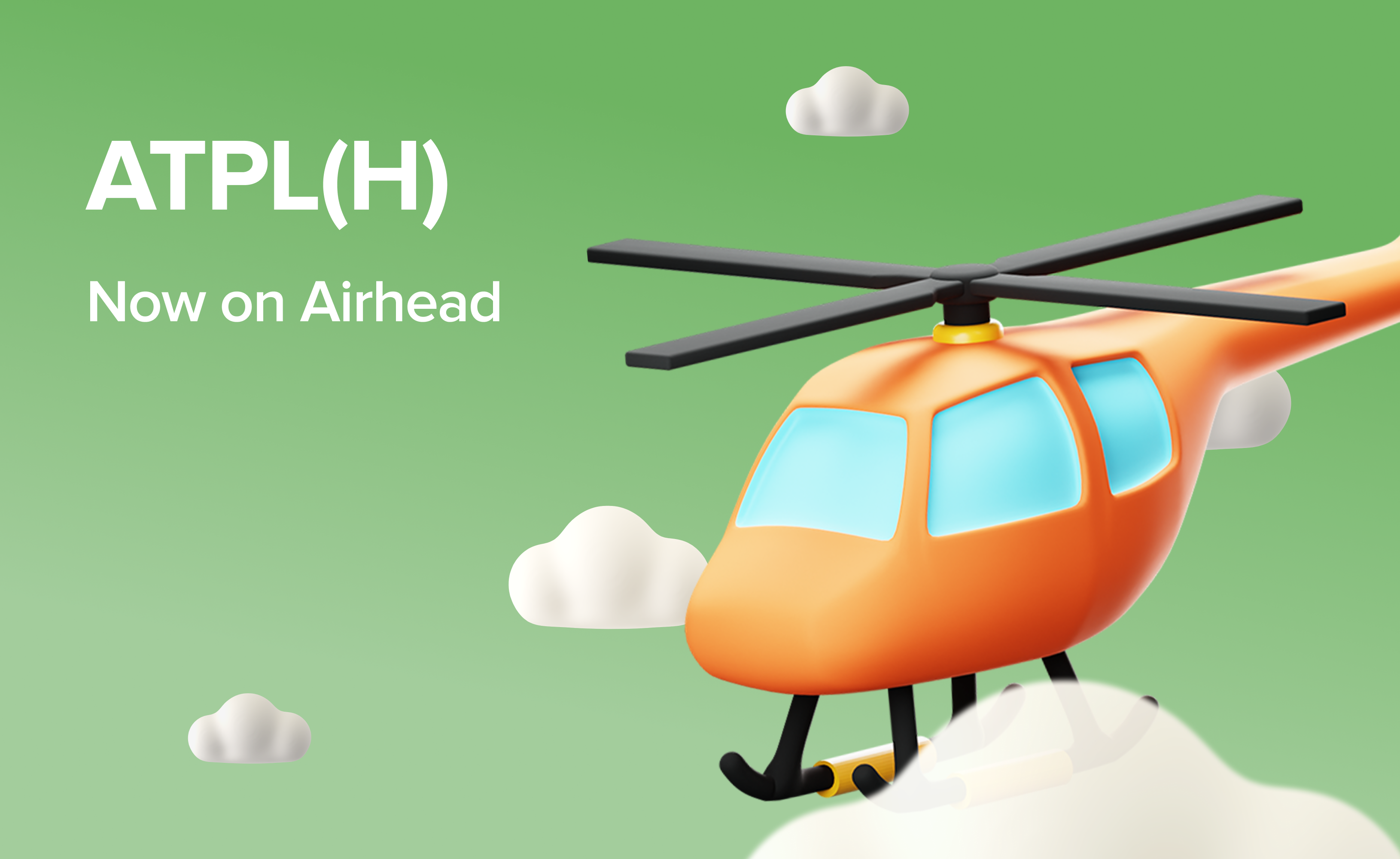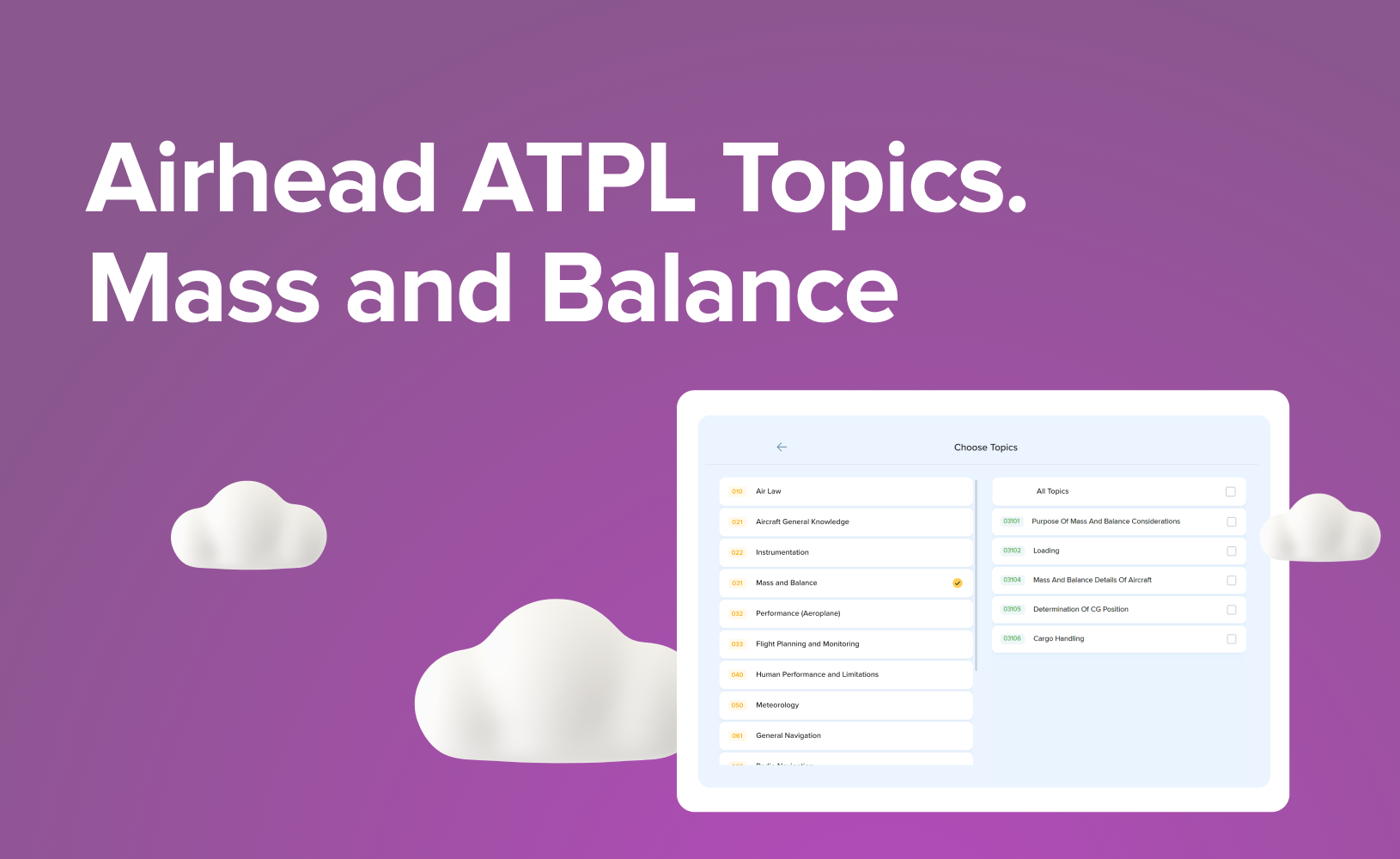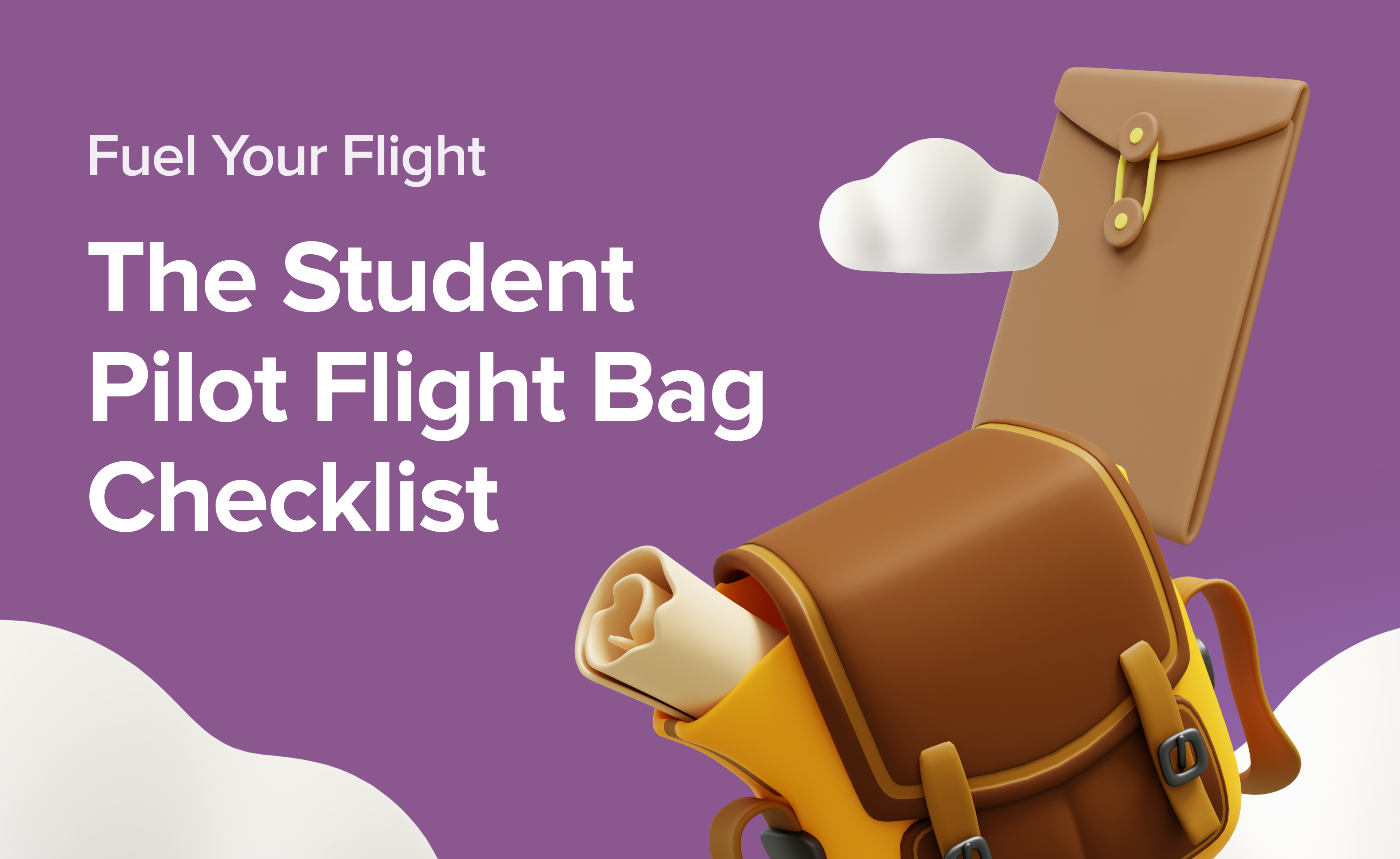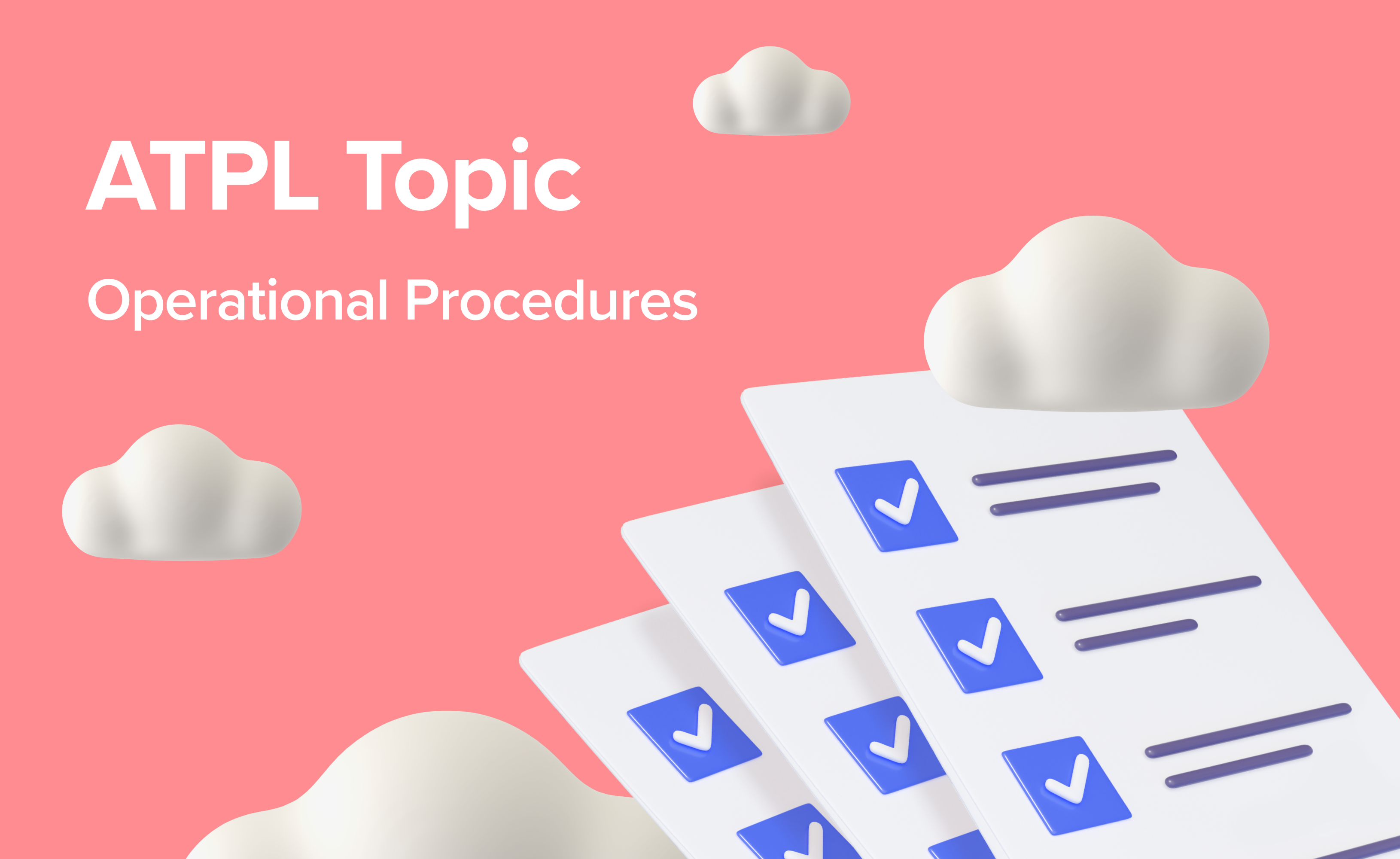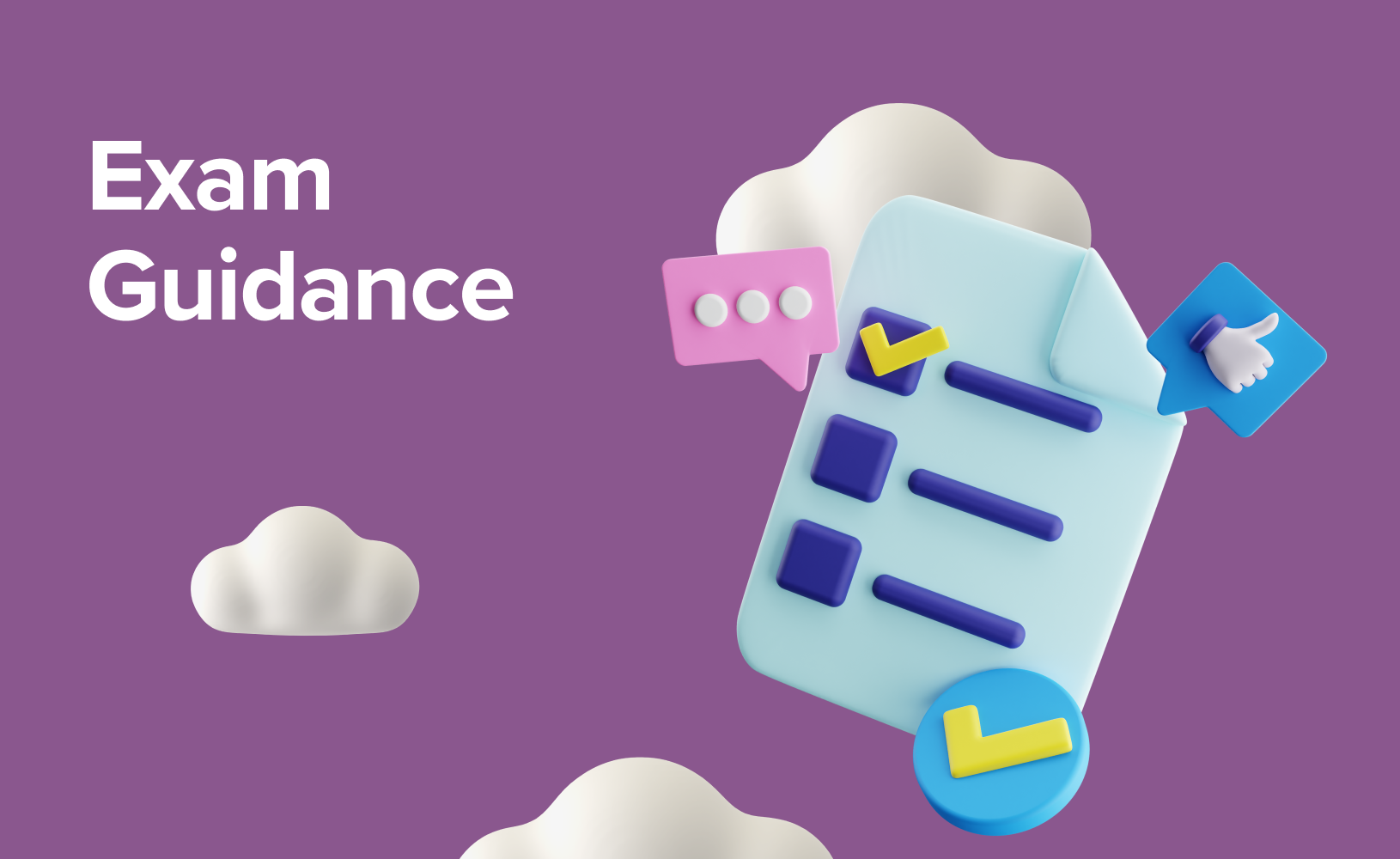Mind Over Matter: Mastering the Mental Side of Flight Training
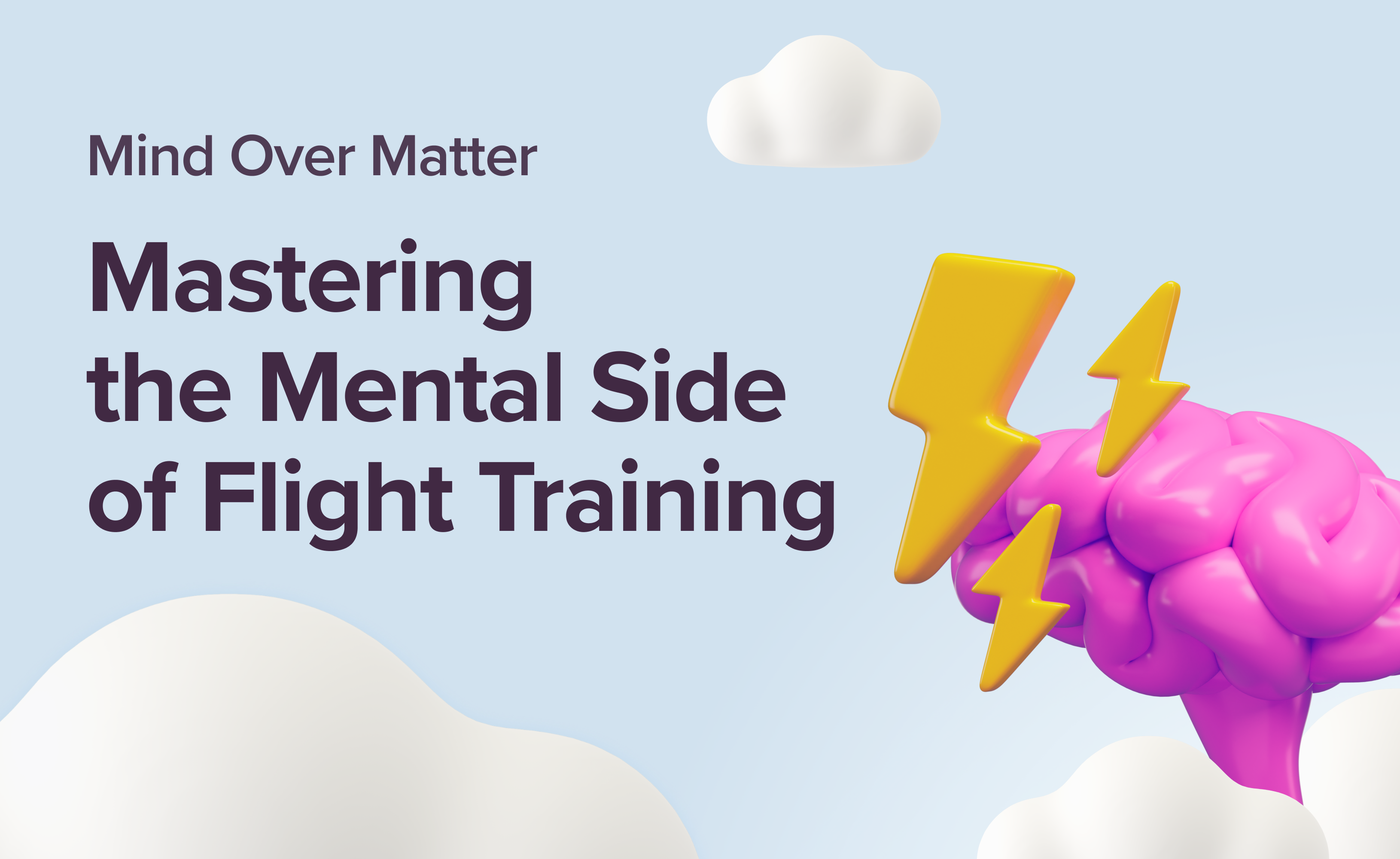
Flight training is a rigorous journey that demands not only technical expertise but also mental fortitude. While mastering the controls is essential, understanding and managing the mental aspects of flight training is equally crucial. This article delves into the psychological challenges faced by student pilots and provides practical strategies to enhance mental resilience and achieve optimal performance.
The Mental Toll of Flight Training

The demanding nature of flight training can lead to a range of mental challenges, including:
Stress and Anxiety: The pressure to perform, the fear of failure, and the financial burden can significantly impact mental well-being. Student pilots often feel overwhelmed by the sheer volume of information to learn and the high stakes associated with each flight.
Fatigue: Long hours of study, flight training, and irregular sleep schedules can lead to physical and mental exhaustion. Chronic fatigue can impair cognitive function, decision-making, and overall performance.
Imposter Syndrome: Doubting one's abilities and feeling unworthy of success. Many student pilots experience self-doubt and question whether they have what it takes to become a pilot.
Strategies for a Clear Mind and Focused Flight
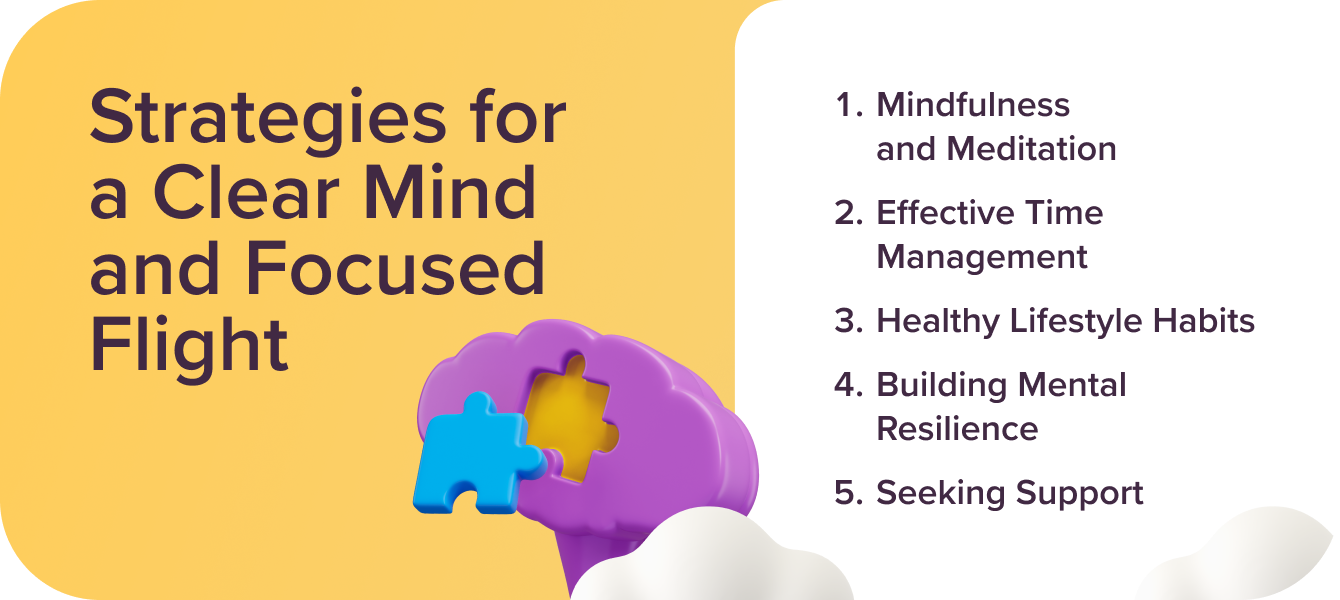
1. Mindfulness and Meditation:
Mindful Breathing: Simple breathing exercises, such as deep, slow breaths, can calm the mind and reduce stress. Focusing on your breath can help ground you in the present moment and alleviate anxiety. Meditation: Regular meditation practice can improve focus, reduce anxiety, and enhance overall well-being. Mindfulness meditation, in particular, can help you observe your thoughts and feelings without judgment, allowing you to respond to challenges with greater clarity and composure.
2. Effective Time Management:
Prioritise Tasks: Identify the most important tasks and allocate time accordingly. Use tools like a planner or a digital calendar to organise your schedule and prioritise tasks. Time Blocking: Divide your day into specific time blocks for study, flight training, and relaxation. Time blocking can help you stay focused and avoid distractions.
Avoid Multitasking: Focus on one task at a time to improve productivity. Multitasking can lead to decreased focus and increased stress.
3. Healthy Lifestyle Habits:
Balanced Diet: Fuel your body with nutritious foods to boost energy levels and cognitive function. A balanced diet rich in fruits, vegetables, whole grains, and lean protein can improve your overall well-being and enhance your ability to concentrate. Regular Exercise: Physical activity can reduce stress, improve mood, and enhance sleep quality. Regular exercise can also boost energy levels and improve cognitive function. Sufficient Sleep: Aim for 7-8 hours of quality sleep each night. Adequate sleep is essential for optimal brain function, memory consolidation, and emotional regulation.
4. Building Mental Resilience:
Positive Self-Talk: Replace negative thoughts with positive affirmations. Positive self-talk can boost your confidence and motivation. Visualisation: Imagine yourself successfully completing flight training and achieving your goals. Visualisation can help you stay focused and motivated, as well as improve your performance. Learn from Mistakes: View setbacks as opportunities for growth and improvement. Instead of dwelling on your mistakes, focus on learning from them and moving forward.
5. Seeking Support:
Connect with Fellow Pilots: Share experiences and advice with other student pilots. Joining a flight training community can provide valuable support and camaraderie. Consult with Instructors: Seek guidance and support from experienced flight instructors. Your instructors can provide valuable advice and encouragement. Consider Professional Help: If needed, consult with a therapist or counselor to address mental health concerns. A mental health professional can provide guidance and tools to help you manage stress and anxiety.

By incorporating these strategies into your flight training routine, you can enhance your mental resilience, improve your performance, and enjoy a more fulfilling and rewarding flight training experience.

